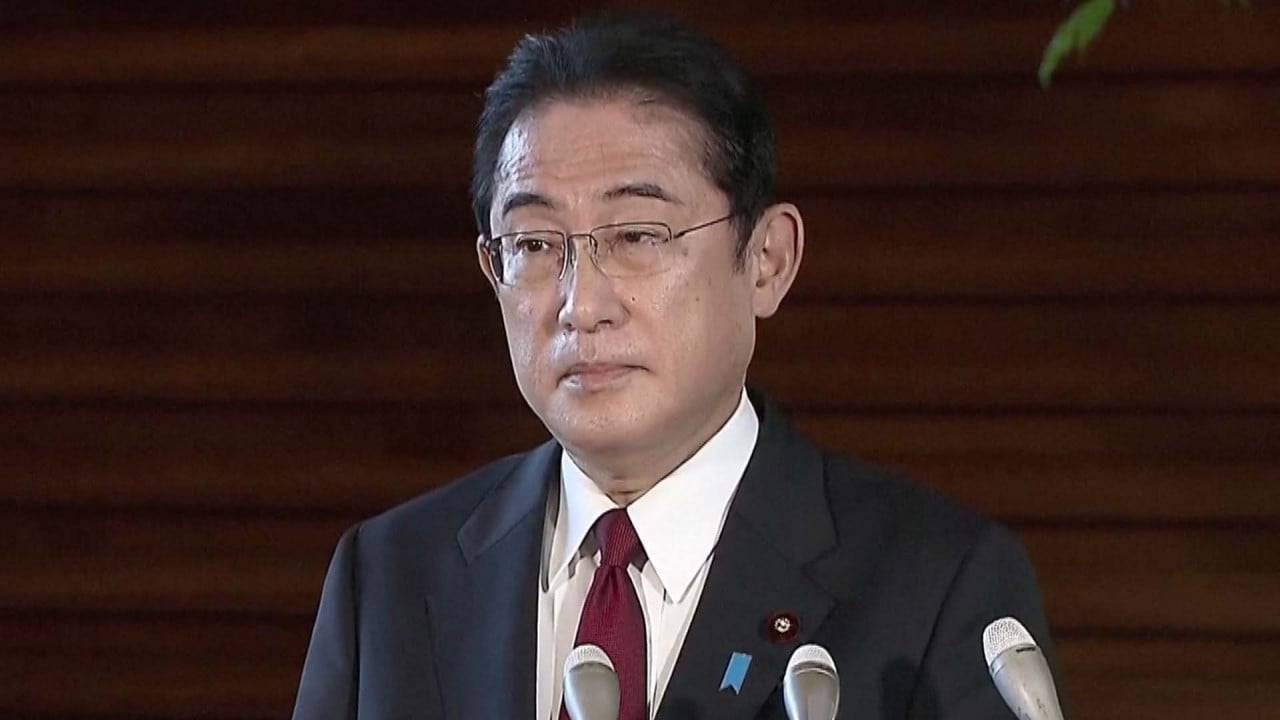
China has put strict restrictions on cross-border travellers for nearly three years, which hindered Chinese students abroad from coming home and also became a stumbling block for foreign students and others going to China.
On Monday, the central government removed the last entry requirements other than a PCR test within 48 hours of departure, a stark contrast to expensive multi-stage entry requirements that have been in place throughout most of 2022. On Tuesday, Beijing said it would increase the number of incoming international flights in stages and further “optimise” arrangements for foreigners to visit China.
However, amid a surge in infections in the nation of 1.4 billion people, countries including the US, Japan, South Korea, India and Italy have tightened their rules for visitors from China. Washington announced on Wednesday that starting on January 5, all travellers from China will be required to show a negative test result from within two days of their flight.
Chinese authorities stopped releasing daily Covid-19 caseload data starting on Sunday and passed the task to a disease control agency, a practice more in line with management of lower-level infectious diseases. Before that, an unverified memo from a National Health Commission meeting estimated that nearly 248 million – about 18 per cent of China’s population – had been infected between December 1 and 20.
China’s top epidemiologist said on December 17 that the country would experience three “waves” of infection from mid-December to mid-March.
Renee Ren, a part-time MBA candidate at New York University’s Stern School of Business, said she has not made plans to return to China despite not having gone home for years.
“I feel that the domestic epidemic situation in China is still unstable and I need to wait and see how it develops,” said Ren, adding that the potentially long wait time for getting a new work visa to return to the US was another concern.
Still, she said “it is good to reopen” since her family can more easily travel to the US.
For the more than 290,000 Chinese students in the US, other factors include class schedules and expensive flights.
There are currently some 36 flights between China and the US per week, higher than that of the beginning of the year but still only about 10 per cent of pre-pandemic levels.
A one-way economy class flight from San Francisco to Shanghai in January 2023, operated by United Airlines, costs between US$2,093 and US$4,093. In 2019, comparable tickets were being sold for a few hundred dollars.
Mike, a Chinese student at the University of California Berkeley law school, said that had the policy announcement come earlier in December, more students might have decided to go home for the school’s winter holidays. He noted that Berkeley’s break was short and that school resumed on January 9.
Xu Shengnan, an MBA student at the University of Pennsylvania, said she was “not very worried” about the situation at home.
“I have already got Covid-19 abroad, and I think I already have good immunity, so I can’t wait to return home immediately,” she said, adding that she was eyeing a potential spring break trip.
On November 11, China announced that it would shorten quarantine from “7+3” (seven days of centralised quarantine and three days of health observation at home) to “5+3”. It also announced the end of the “circuit breaker” policy through which airlines had to suspend a route for one or two weeks depending on the percentage of people who tested positive on the flight – which coincided with high flight prices and cancellations.
“Many people saw the signal with the shortened quarantine period, so they decided early on like me,” said Viola, who made the decision in November to return to China during her school’s winter break.
Angie Shen, a Chinese PhD candidate at the University of North Carolina at Chapel Hill, made the same call in November, noting that flights became noticeably cheaper after the policy change. “For people who have not been home in like three years, tickets just became much more affordable,” she said.
But both women noted that had they not had compelling personal reasons, they might have waited until later in the year.
Others don’t plan to return to China in the near term regardless of Covid policy.
Said Johnson, a senior at George Washington University who helped spearhead campus protests against China’s coronavirus restrictions in October and November: “I don’t think any Covid policy changes in China will affect my plan. Although I can afford the cost, I feel it is not worthwhile to do so. I think many of my friends have similar reasons.”
“I feel I can do a lot more meaningful work on the democratic movement in the US, so I do not want to waste my last holiday before graduation in China where I may do little and suffer a higher risk.”



